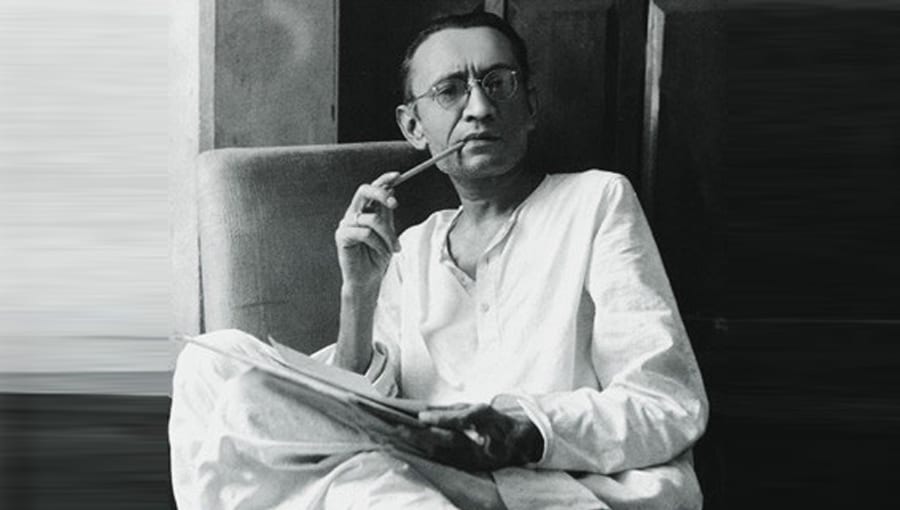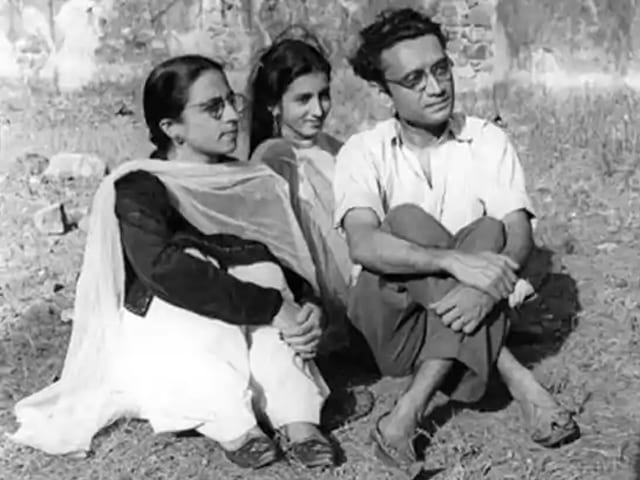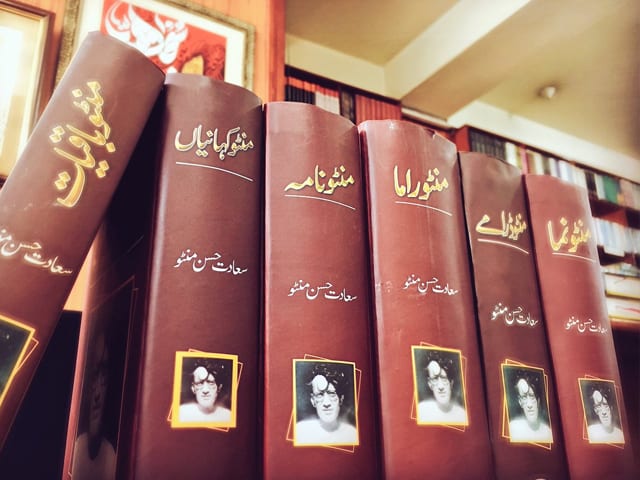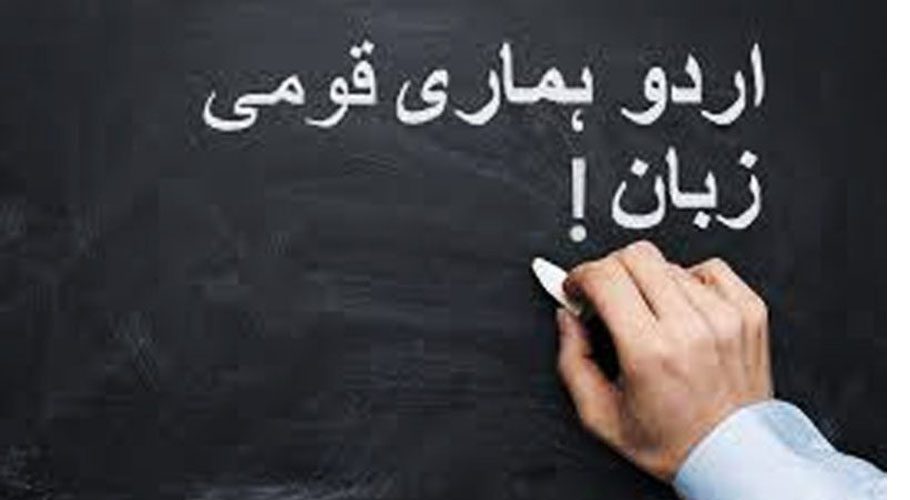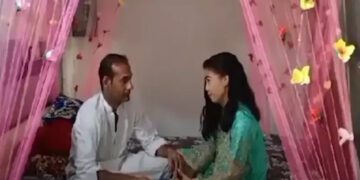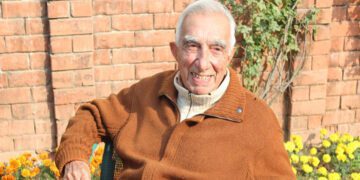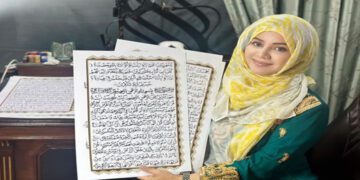![]() Follow Us on Google News
Follow Us on Google News
Remembering Manto – bitter, obscene but brilliant
Related Stories
Opinion
April 23, 2024
- MM News Staff
April 17, 2024
- Dr. Muhammad Shahbaz
March 19, 2024
- Riyatullah Farooqui
No posts found
Is Dubai’s storm coming to Pakistan?
The United Arab Emirates (UAE) witnessed extensive flooding on Tuesday when storms unleashed more...
Chicken price jacked up by Rs.200 per kg
Consumers in Lahore are facing a sudden and significant increase in chicken prices, with...
Everything to know about Karachi’s Pink Bus Service routes, timings and fare
The Sindh government has inaugurated two additional routes for the women-exclusive Pink Bus Service,...
MM Digital (Pvt.) Ltd.
MM News is a subsidiary of the MM Group of Companies. It was established in 2019 with the aim of providing people of Pakistan access to unbiased information.
Contact Details: 03200201537

